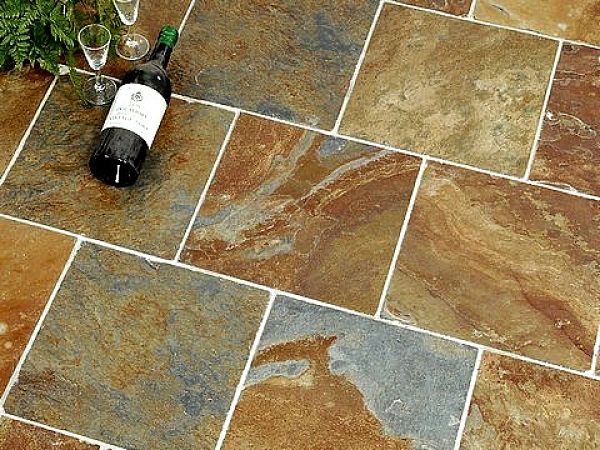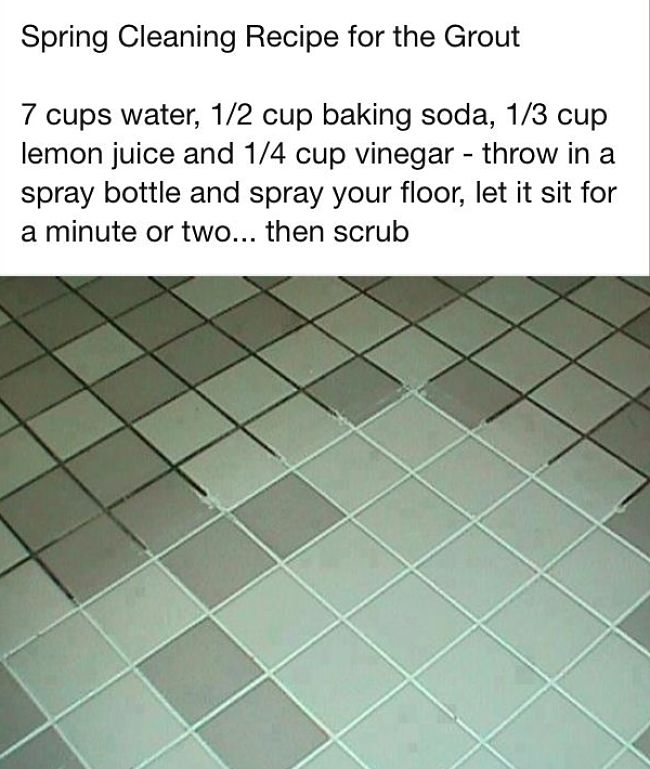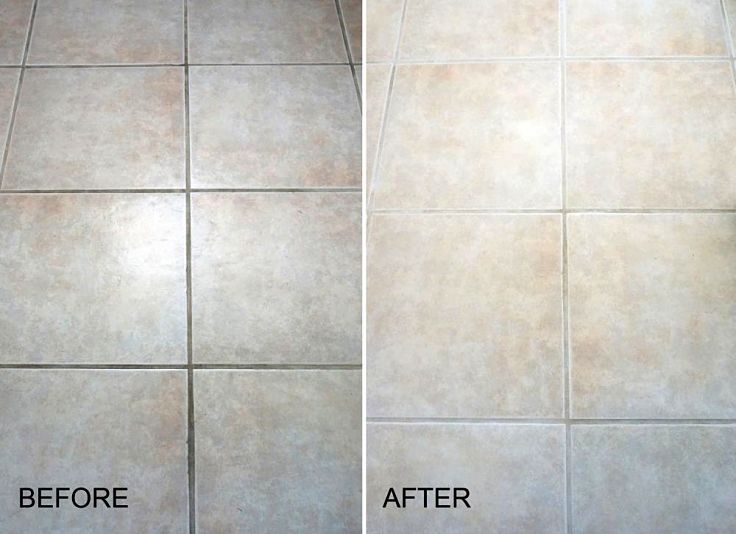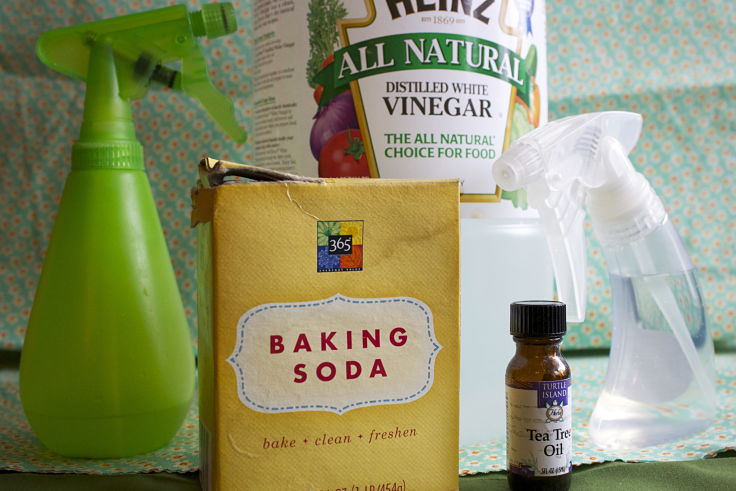Kitchen Bench Tops Care, Cleaning - Tips for Stone, Marble, Granite Counter Tops
Natural and reconstituted stone, granite and marble bench tops and counter tops are supposed to be maintenance free, but they can get stained and dirty if they are not looked after properly.
Worst still they can be permanently marked or stained.
This article provides a set of simple rules to follow so that your stone bench tops stay clean, scratch-free and stain-free forever.
If your bench tops show some marks or are stained, what can you do? This article provides a set of detailed tips and tricks for cleaning stone kitchen bench tops.
Even high traffic areas can be kept clean and scratch-free with some simple common sense tips for maintaining and cleaning them.
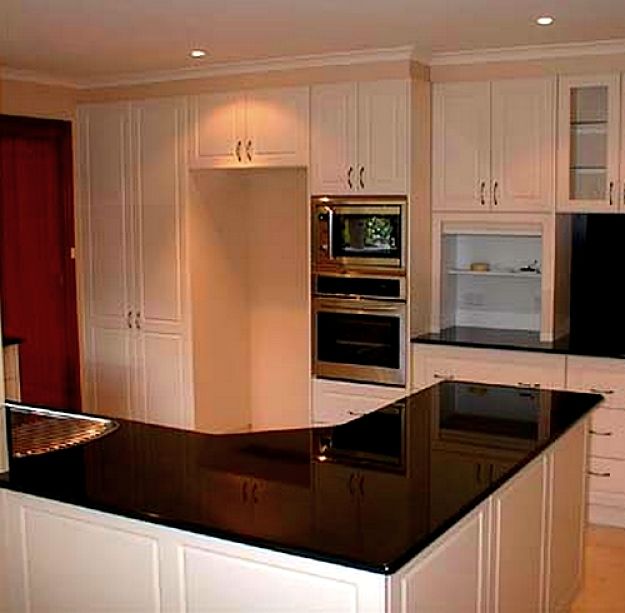
Tips for Maintaining Stone Bench Top Surfaces
Prevention is far better than cure. For badly stained bench tops there may be no cure without drastic action. So cleaning stone bench top surfaces regularly and immediately cleaning up any spills is far better than allowing them to deteriorate. This avoids costly restoration works and potential need for replacement.
Always clean-up and spills or residues from cooking or food preparation quickly using a damp cloth. The longer you take, the more likely the stain will penetrate into the porous surface. Pay particular attention to the high traffic areas and use other various parts of the surface regularly so one spot does not get worn or scratched more than the rest of the area.
Don’t use abrasive cleaners or chemical cleaning products to clean beach tops and always follow the manufacturer’s instructions very carefully. Anything acidic should not be used for cleaning. This includes vinegar or lemon juice. Always clean up split wine as it is also acidic. Also avoid using any powder cleaning products or ones containing strong bleaches. Use warm soapy water or a mild detergent to clean the bench tops and then dry using soft drying cloth.
Although stone bench top are generally resistance to high temperatures and freezing avoid sudden temperature changes. It is not advisable to place hot saucepans taken directly off the stove top onto your bench tops. This is common sense. Warm pots and pans and plates will not cause any damage, but they can scratch the surface and so it is best to always use a cloth.
Granite and Marble bench tops are porous in their natural state, despite their hardness and density. The bench tops are well sealed when they are made and installed. But the sealant can break down over time and oils, spices, sauces, juices, wines and even soft drinks can start to penetrate into the surface if they are not cleaned off immediately.
Care Guide for Stone Bench Tops
Don’t let this guide put you off choosing these bench top. Stone is the most elegant, permanent, resilient and easy to maintain of all bench surface materials. All it takes are some simply rules and tips.
Protect the coatings used to seal the marble and granite. These coatings are essential for stain resistance. Avoid the following threats to the sealant coating. They can leave residues, dull the polished granite and marble surface and destroy the sealant:
- Strong detergents
- Juices containing acidic products, and any other acidic foods (e.g. pineapple, tomatoes)
- Scouring powders or harsh cleaning sprays
- Corrosive liquids
- Wine, ink, coffee, sauces or oil can penetrate into the marble or granite surface once the sealant is compromised.
So wipe-up any spillages immediately and do not leave any risky substances on the bench overnight.
Be very careful of wine bottles and sauce containers. The contents may run down the sides and leave a ring on the bench. They may look clean, but you may get a nasty surprise of you leave them on the bench overnight.
Stone surfaces are hard and tough but they are not fully scratch resistant. Any sharp utensils such as knives can scratch the surface of the bench tops.
Heavy metal pans are a real danger as they may have minute protrusions that will scratch the surface when dragged across the bench top even slightly.
Every piece of metal is a potential threat and so get into the habit of putting a cloth under all metal pots and pans.
Take proper care while using knives, and sharp utensils.
Remove any grit or sand that may fall on the bench with a vacuum cleaner.
Be very careful with wiping sand or dirt off the bench using a cloth.
Reapplying Sealers
Sealers should be reapplied regularly, according to the manufacturer's instructions. This may depend on the wear and tear. Seek professional guidance for advice about cleaning and application.
Cleaning Stubborn Stains or Dried Spills
Try cleaning stone bench tops with warm water and a mild detergent. Depending on the type of stone, alcohol, mild bleaches and acetone can also be used if required to remove stubborn marks. There are a number of special purpose cleaners for stone bench and counter tops. Make sure you choose the product exactly suited to your bench type. In some cases you can use very fine powder cleansers such as Jiff or Ajax and a plastic scourer BUT always follow the manufacturer’s instructions and precautions.
To remove adhered materials like gum, food, nail polish, etc. first scrape the excess off with a sharp blade applied horizontally to the surface.
If you see any remnant gray marks on the surface, regular approved cleaning agents will remove them.


